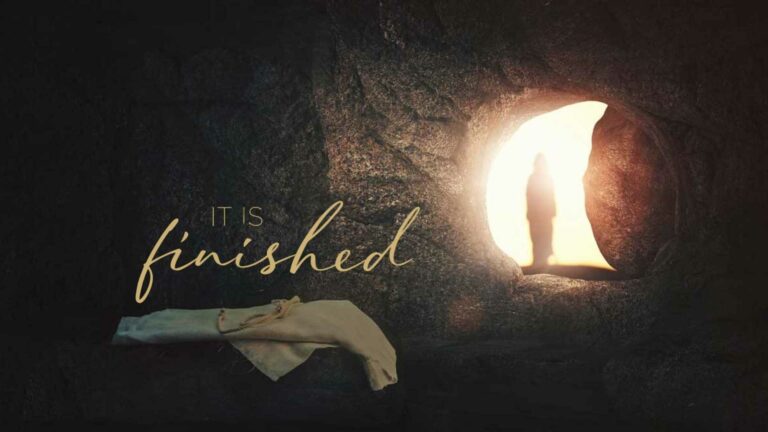
Join us at The Cove this Summer!
Join us for a week of teaching, time with God, fellowship, nature, and more at The Cove: A Billy Graham Training Center. July 21-25, 2025!
Read MoreBy LeAnne Martin
She checked the basket over and over for any signs of damage or weakness. Finding none, she carefully tucked him into the basket, making sure he was swaddled snugly. Then she did the unthinkable—something only a desperate mother could do—and put the basket that held her baby into the river. “Follow it, Miriam. You know what to do.” The young girl obeyed, and the baby landed in the arms of the bathing princess, who agreed to Miriam’s suggestion: he could be nursed by a Hebrew woman (his mother) until he was old enough to live with the princess as her son. Just as God had planned.
Where did Moses’ mother get the strength to put her son into the crocodile-infested Nile? Only from the Lord. If she held onto Moses any longer, he would be discovered and killed because of Pharaoh’s brutal new law against Hebrew baby boys. Moses’ mother loved her son dearly, but she also trusted God with him. No doubt the Lord comforted her, perhaps assured her He had a special plan for Moses. So, for the short while that she nursed him, she and her husband raised Moses in God’s ways, and then she let him go again–this time, for good, to a life without her.
Elizabeth had waited so long for a child, enduring years of judgment and ostracizing because of her barrenness. She and her husband Zechariah, a priest in the temple, were old and had likely given up the dream of parenthood. Until the angel Gabriel gave Zechariah the good news: Elizabeth would bear a son.
John would be the first prophet to speak for God in 400 years. He would lay the groundwork for Messiah’s ministry, calling the people to repent. He would even baptize the Son of God; what greater honor could there be? But Elizabeth knew only that her baby was God’s gift and that he was called out by God. Despite her great love for John, she trusted God with him and, along with Zechariah, she raised John in God’s ways. And let him go.
Though very young, Mary, Jesus’ mother, had a strong faith and a humble spirit; she believed He would do what He said, and she said yes to Him. Luke 2 says that after her Son was born, she stored up things in her heart: the shepherd’s visit, Jesus’ teaching in the temple. As Jesus matured, she likely had a long list of treasured and troublesome memories of Him. She knew He would be the great Messiah but did not know what that would require of Him or of her. She trusted God, and with Joseph, she raised Jesus in God’s ways. And let Him go.
These three mothers’ stories make me ask myself: do I trust God with my daughter? As she approaches her high school years, the unknown bears down upon me some days: Will she…? What if…? How about…? These mothers didn’t know what the future held for their children either. Did they sometimes find themselves wavering, worrying, fearful? Perhaps, but scripture shows us that they believed God was in control and that He was faithful. They knew that their children were His anyway. So do I.
As Mother’s Day approaches, I’m asking God right now for wisdom to consistently raise my daughter in His ways and for strength to let her go in the big and little moments, even as I acknowledge that she is already in His hands. I’m asking for a double portion of trust that His plan for her, whatever it might be, is for her good. Now and always, my deep desire is that the Lord be glorified in my life as her mother—and, also, in her life as His daughter.

Join us for a week of teaching, time with God, fellowship, nature, and more at The Cove: A Billy Graham Training Center. July 21-25, 2025!
Read More
As we observe Holy Week and celebrate our Risen Savior, I wanted to let you know that our Walk Thru the Bible President, Phil Tuttle, will be preaching the Good Friday Service (Friday, April 18) as well as the Easter Sunrise Service at the Garden Tomb in Jerusalem this Sunday.
Read More